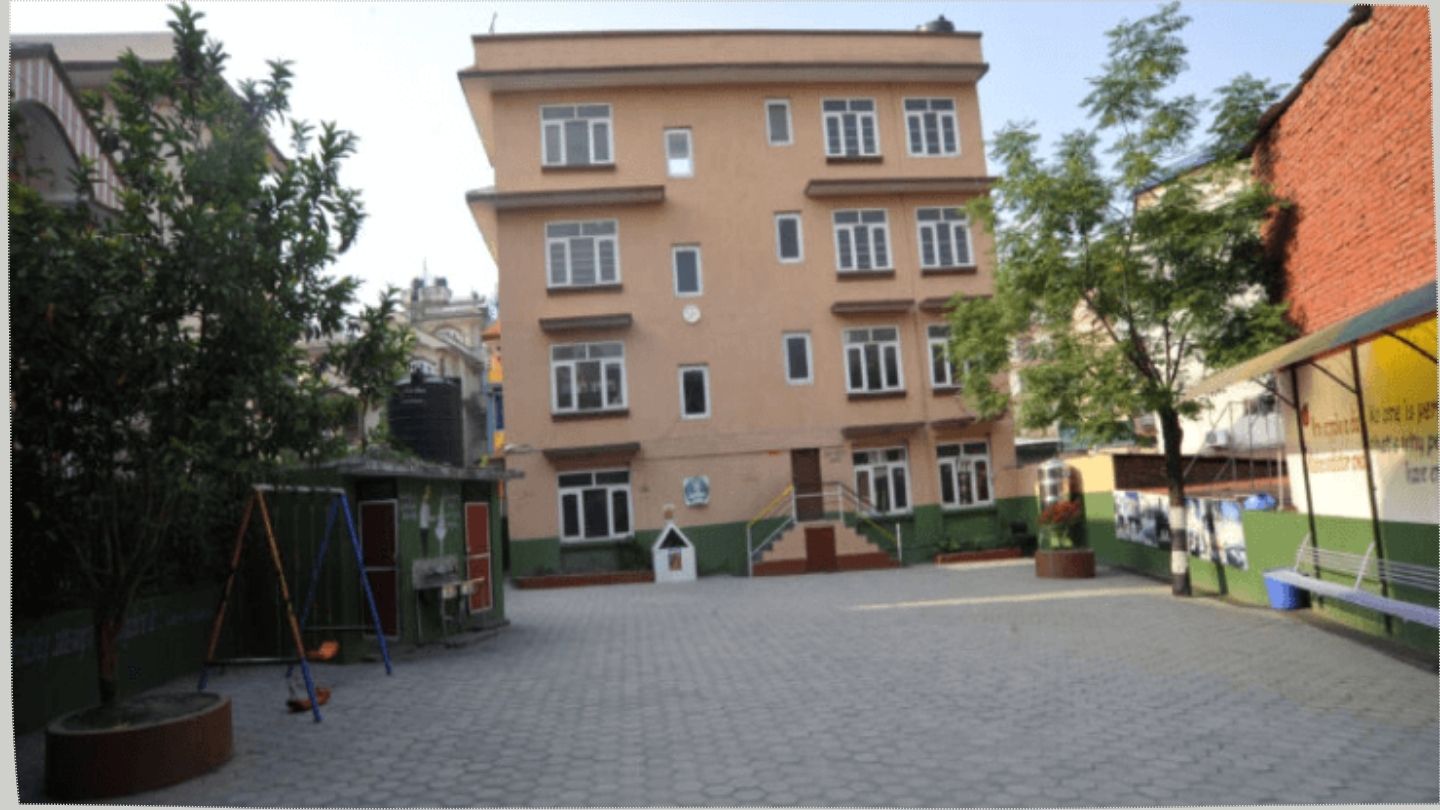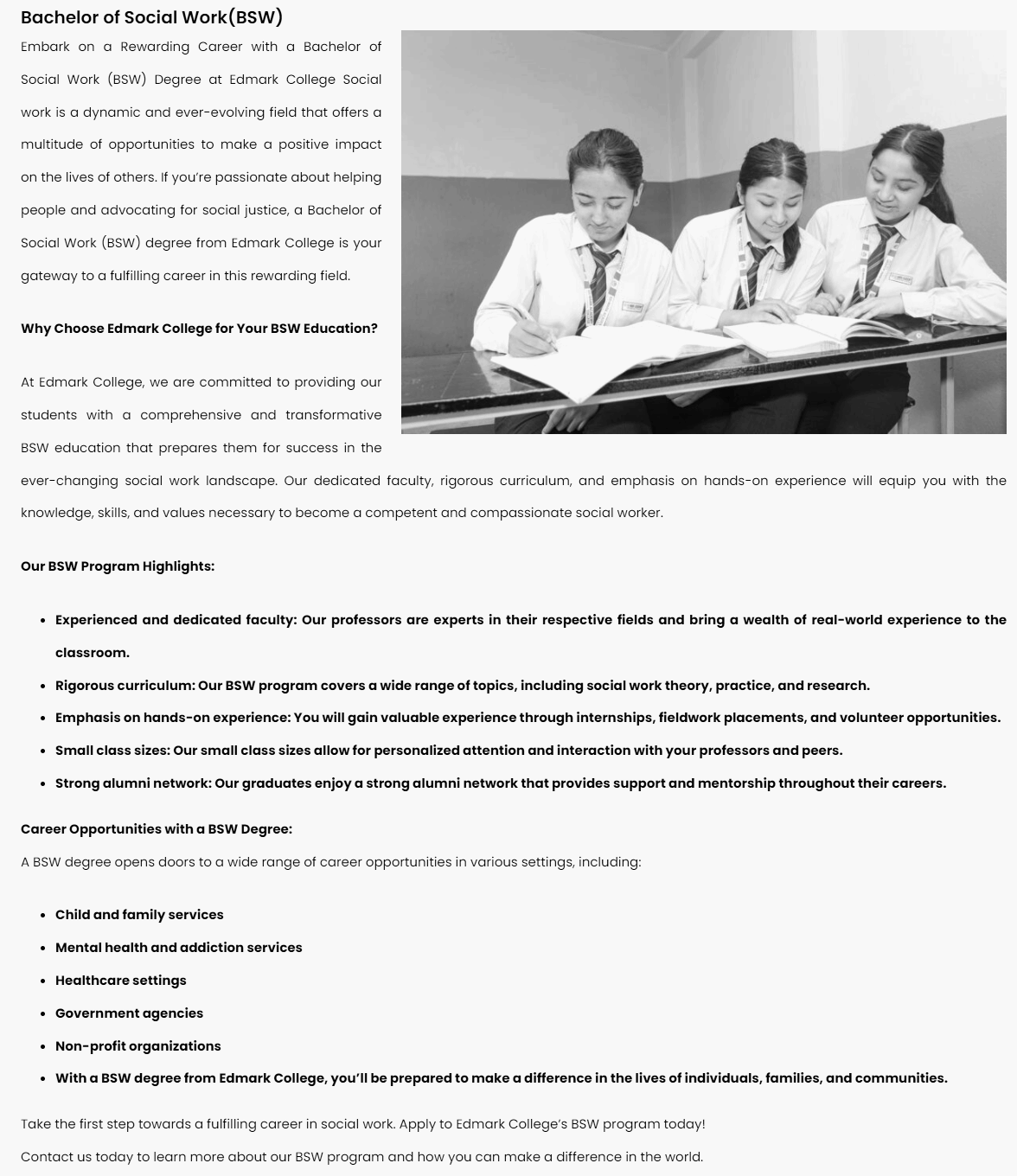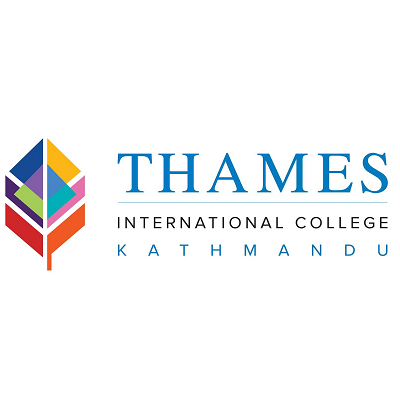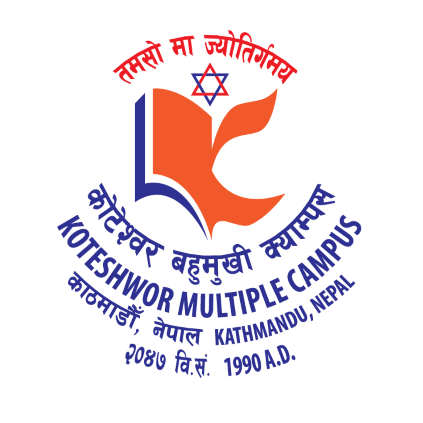Overview
Bachelor of Arts in Social Work (BASW) at Ed Mark Academy/College, Kalanki, Kathmandu
Bachelor of Arts in Social Work (BASW) at Ed Mark Academy/College runs under Tribhuvan University (TU), Faculty of Humanities and Social Sciences. The program links classroom learning with field exposure in communities.
Students who want structured practice with supervision find a clear route to service roles in social organizations and local government units.
Affiliation: Tribhuvan University (TU)
Level: Bachelor’s (Four Years)
Location: Kalanki, Kathmandu, Nepal
Medium: English/Nepali as per subject
Assessment: TU examinations with fieldwork records and internal reviews

Highlights
BASW combines theory papers with practice components. Field placements and supervision help students connect concepts with community realities. Documentation and reflection strengthen ethical awareness and professional conduct.
Curriculum Details
Core areas include social work concepts and principles, casework, group work, community organization, social welfare administration, research methods, and field engagement. Students prepare logs, process records, and final reports. The program follows the four-year TU framework.

Objectives
-
Prepare graduates who can handle basic assessment, planning, referral, and follow-up.
-
Build confidence in group facilitation, awareness sessions, and community mapping.
-
Strengthen ethical practice in privacy, consent, boundaries, and safeguarding.
Scope
Graduates work as program assistants, social mobilizers, and caseworkers in NGOs/INGOs, rehabilitation centers, shelters, schools, and municipal programs. Many pursue MSW, MPH, MPP, or development studies for advanced roles.
Learning Outcomes
-
Apply casework, group work, and community organization methods in Nepali settings.
-
Draft field documents that record goals, activities, outcomes, and learning.
-
Conduct small needs assessments using basic qualitative or mixed methods.
-
Maintain professional boundaries and follow referral protocols.
Skill Development Modules
-
Fieldwork Cycle: Orientation, placement plan, weekly supervision, and reflection logs.
-
Documentation: Intake forms, process notes, case summaries, and end-term reports.
-
Community Engagement: Group sessions, campaigns, and linkages with local agencies.
-
Research Basics: Tools for interviews, observation, and simple analysis.
Teaching Methodology
Teachers run lectures, guided reading, field briefings, and seminars. Practice classes cover observation skills, interviewing, safety planning, and report writing. Internal assessment schedules are shared ahead of mid-terms and finals.
Admission Requirements
-
Eligibility: NEB Grade 12 or equivalent, plus documents required by TU and the campus.
-
Process: Application, interview, and program screening as notified.
-
Documents: Transcripts and character certificate, citizenship/birth certificate copy, photographs, and migration/transfer letter where required.
Career Opportunities
-
Community development assistant and social mobilizer
-
Caseworker in shelters and rehabilitation units
-
School social work support and outreach roles
-
Program assistant in public health and protection services
Scholarships and Financial Aid
Merit and need-based options follow the annual scholarship notice. Attendance and academic standing influence renewal.
Why Choose This Course?
You benefit from a structured plan that values practice and supervision. Students build skills that serve local agencies and open doors to graduate study.
Conclusion
BASW at Ed Mark Academy/College offers a steady, field-connected pathway for students who want to work with individuals, families, and communities in Nepal. Keep track of yearly admission notices for intake capacity and timelines.
FAQ
Is BASW four years under TU?
Yes.
Will I get field placements?
Yes, coordinated by the program.
What kind of reports are required?
Weekly logs, process notes, and final summaries.
Can I study MSW after BASW?
Yes, subject to rules of the admitting university.
Are scholarships available?
The campus announces categories each session.






















